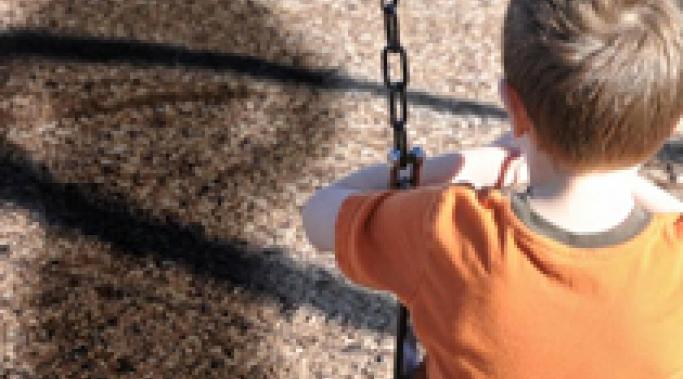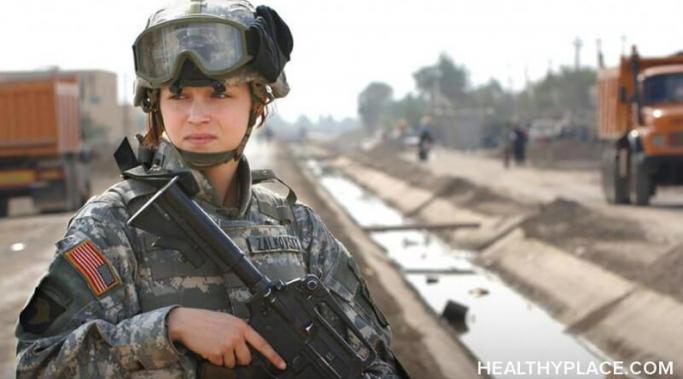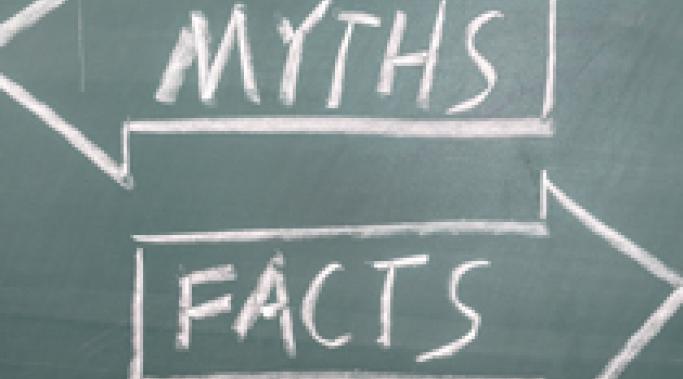There are many myths about child sexual abuse but I'm going to focus on three (What Is Child Sexual Abuse?). Three myths about child sexual abuse are that all abused children tell someone, all victims of childhood sexual abuse have physical trauma, and all victims of childhood sexual abuse will grow up to become sex offenders. Let's take a closer look at these child sexual abuse myths.
Recovering from Mental Illness
Fireworks and posttraumatic stress disorder (PTSD) are a problem July 4th. I enlisted in the Army during the height of the Iraq War and was high on the list to go. Long story short, a health condition forced my discharge, but not before I watched people suffer nervous breakdowns and try to piece themselves back together in a hostile psychiatric system (What Is Combat PTSD?). That's one thing that weighs heavily on my heart as the Fourth of July approaches--the number of veterans with posttraumatic stress disorder who will be triggered by fireworks.
There are three myths some religious people believe about depression. Recently, I was on a panel discussing mental illness at a church. One individual said that we could get over depression because, "some people make their own depression" and, "I can do all things through Christ who strengthens me." It brought back several memories of how this kind of thinking nearly destroyed my life. The best way to fight these depression and mental health myths is through education, so here are three myths some religious people believe about depression.
There are three things few people know about self-harm, also known as self-injury. Self-injury is rarely discussed in our society. Mental illness is rarely discussed, and self-injury is even more stigmatized. Virtually every website that discusses self-injury has the word "secret" in it, as do movies about it and books about it. Here are three things few people know about self-injury.
There are many things doctors won't tell you about psychiatric medications, but I'm going to focus on three. Recently, one of my readers left a comment detailing lies about psychiatric medications that resonated with me. She highlighted that psychiatric medications have many side effects, have withdrawal symptoms, and reminded me that psychiatric medications are expensive. So here are three things doctors won't tell you about psychiatric medications.
Do you know how to afford mental health treatment? Recently a friend of mine became overwhelmed by her bills for mental health treatment. Desperate for money, she created a GoFundMe page. I was disturbed by this because no one should have to create a crowdfunding page to get treatment for mental illness. The sad thing is, she's not the only person I know who has done this. It made me think about how to afford mental health treatment.
There is a lot of stigma when it comes to living openly with mental illness. When I was a child, HIV/AIDS was the bogeyman. The stigma, driven by fear, was strong, which kept people from talking about it and contributed to the spread of the disease. People were afraid you could get the virus from a toilet seat, and the thought of touching, let alone kissing, someone with the disease was unthinkable. It was worse than a death sentence; it meant that you died a leper. Mental illness is where HIV/AIDS was 30 years ago. Living openly with mental illness equals feeling stigma.
Do you know how to handle repeated suicide threats? Princola Shields did not have to die. The 19-year-old mentally ill woman was serving a sentence at Indiana Women's Prison when guards moved her into temporary confinement in a shower stall no bigger than a hall closet, according to the Indianapolis Star. For three hours she screamed for help, begging to know what she'd done wrong, then threatening to kill herself and yelling that she was dying. Guards allegedly told her to shut up and ignored her. She was later found hanging from the shower stall. Cleary, her suicide threats were not handled properly.
We are overdue for a conversation on the need for mental health courts. My friend, Hector Barajas, a U.S. Army veteran, developed posttraumatic stress disorder (PTSD) as a result of his service in the 82nd Airborne during the Gulf War. He was honorably discharged, but his illness was not acknowledged. In the midst of a flashback, he fired a gun. Although no one was hurt, he was arrested, convicted of a felony, then deported for life--he thought his service made him a citizen, but was misinformed and paid a drastic price. Hector and the estimated 30,000 veterans like him who have been deported largely for crimes committed due to PTSD are the poster children for the need for mental health courts.
There are common transgender myths people believe. With recent events thrusting transgendered individuals into the spotlight, my Facebook page has lit up with comments on the subject. A common thread of the transphobic posts is based on common transgender myths people believe. Here are three of the most common transgender myths people believe.









